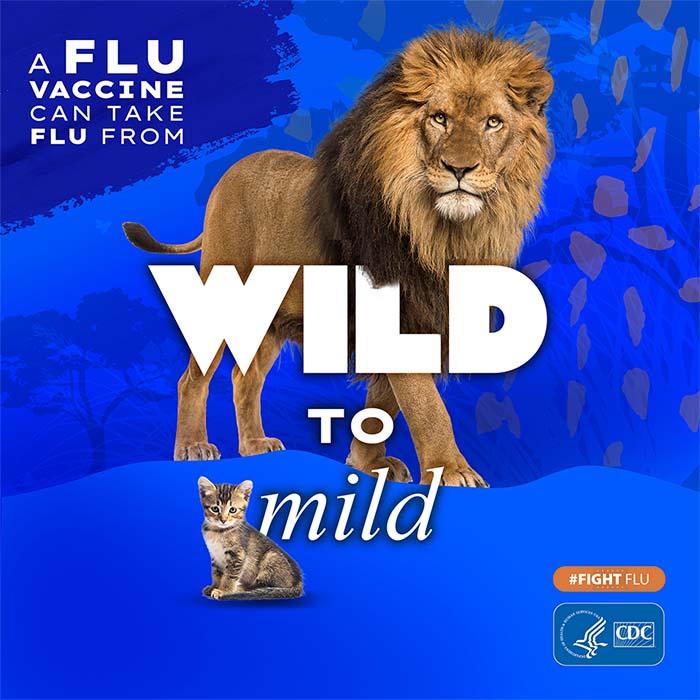Flu Fighter: Walter A. Orenstein, MD
Name: Walter A. Orenstein, MD
Title: Past President, National Foundation for Infectious Diseases (NFID)
Location: Atlanta, GA
Walter A. Orenstein, MD, past president of the National Foundation for Infectious Diseases (NFID), helps lead efforts to provide education about the causes, prevention, and treatment of infectious diseases across the lifespan, including influenza (flu). “Flu is a serious illness that can lead to pneumonia, hospitalization, and even death, among other complications. The best way of avoiding both the illness and its complications is through annual vaccination,” says Dr. Orenstein. Through his leadership at NFID and Emory University, Dr. Orenstein advocates for flu vaccination, sharing important information with healthcare professionals and the general public about the importance of vaccination every flu season.
- In your role, how do you prepare for flu season each year?
Each year I make sure, I am familiar with the latest flu vaccine recommendations. I schedule my flu shot before the end of October to ensure the best protection before flu season begins! I then urge my family, friends, and colleagues to be vaccinated as well. Protecting myself from flu also helps protects others! - What is the most difficult part of flu prevention?
The influenza virus can cause serious illness and death associated with severe respiratory illnesses. While influenza vaccination substantially reduces your likelihood of developing influenza, (often by ~40-60%), the current vaccines are not perfect, and people may not recognize the benefits of annual vaccination. However, annual flu vaccination is the first and most important step in protecting against flu viruses. - Why do you think people underestimate the seriousness of flu illness?
Because there are so many other viruses that can cause respiratory illnesses (many of which are milder than classic influenza) but are often confused with flu. But flu is not a trivial illness. CDC estimates that influenza has resulted in between 9.2 million and 35.6 million illnesses, between 140,000 and 710,000 hospitalizations, and between 12,000 and 56,000 deaths annually since 2010. - Why is it important to get the flu shot every year?
Two reasons! First, because influenza viruses constantly change, the vaccine is reviewed each year and often updated to better protect against the new viruses expected to circulate in the following year. Second, because vaccine-induced immunity can wane with time, annual vaccination helps provide optimal protection. By getting vaccinated against influenza each year, you can improve the chances you are protected when new influenza viruses begin to circulate. - What would you say to those who are hesitant about getting the flu shot?
Flu is a serious illness that can lead to pneumonia, hospitalization, and even death, among other complications. The best way of avoiding both the illness and its complications is through annual vaccination. Second, there are more vulnerable to the complications of flu who cannot be directly protected by vaccines (infants younger than six months of age, those with immune system problems, and individuals with underlying illnesses such as lung and heart disease.) By getting vaccinated you decrease the chance that you will spread the influenza virus to these more vulnerable populations, so getting vaccinated against flu not only protects you but helps to protect those around you and the community.



